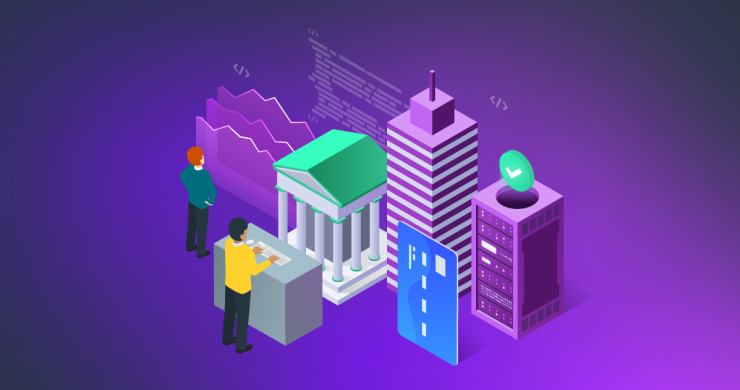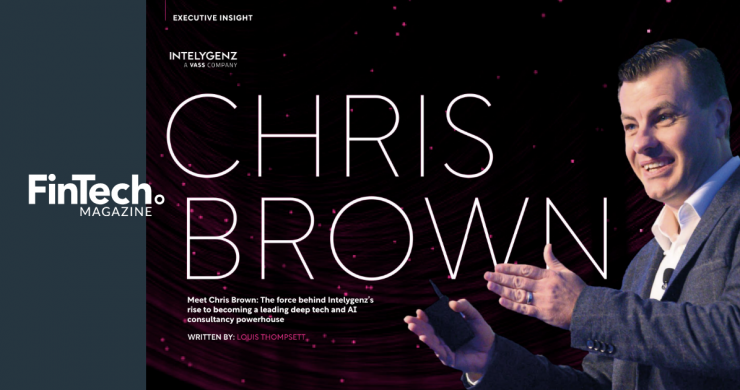10 Businesses Who Are Excelling Thanks to Machine Learning

According to a Statista report, 26% of businesses surveyed indicated that more than 15% of their IT budgets went to developing machine learning solutions – a figure that already points to an exponential growth in the next five years.
In view of this data, you may be wondering: what’s so special about machine learning?
Machine learning is characterized by its potential for exploiting opportunities that big data has over traditional analysis systems. It can detect patterns within large sets of data that enable it to predict whether situations may or may not arise. The more data we feed an algorithm, the better: as it gains experience, it learns for itself and can then deliver more accurate and effective results.
The more data we feed an algorithm, the better: as it gains experience, it learns for itself and can then deliver more accurate and effective results.
There are countless options accompanying this technology that are present in most of the applications that we use every day, even though they often go unnoticed. Search engines, anti-spam filters, recommendation systems… Let’s take a look at some businesses excelling thanks to Machine Learning.
Siri & Cortana
Speech recognition systems use machine learning and other technologies, such as neural networks and natural language processing (NLP), in order to imitate human interaction. As they progress, they learn to understand the nuances and semantics of our language.
The speech recognition training process entails different techniques, and the level of complexity depends on its nature (from templates that are adapted to human behavior, like Siri, to the ability to understand jokes through dynamic learning, like Cortana).
Another interesting example is the facial recognition algorithm of Facebook. If you use it on a regular basis, you may have realized that before you can tag friends in a photo, Facebook has already identified them for you. This is a form of adaptive technology in which the algorithm memorizes patterns that characterize the people you have tagged in the past.
Facebook is not the only social media platform using machine learning to improve its services. Pinterest also makes use of machine learning to enhance its user engagement by delivering more accurate results, in which it prioritizes local interests, personal tastes and habits according to the interactions recorded.
Google is one of today’s biggest data collectors – how could it not be using machine learning technology? The company uses machine learning algorithms in almost all of its services, the most famous being Search Engine Optimization (SEO) based on an intuitive neural network that can identify the intention of users’ requests.
Google Search isn’t the only product applying the technology: Gmail, for instance, applies it to its “Smart Reply” and mail classification services. Google Maps uses algorithms to identify street names and numbers based on photographs taken by the Street View vehicles, which help the app improve results.
PayPal
PayPal uses machine learning algorithms to detect and combat fraud by analyzing large amounts of data from clients, whom it classifies by activity, categorizing the risk involved in transactions
Netflix
Netflix has used machine learning for years. It’s what powers its very well-known recommendation and personalization system. In recent years, this content distributor has started to further apply learning machine to new applications, such as content marketing, price modeling, programmatic marketing, effective content delivery. The quality of the technology has led it to value the ROI of its algorithms at $1 billion per year.
Uber
Machine learning is an essential part of Uber’s business model, which uses these algorithms to predict and determine the arrival time of its vehicles and the prices for each ride, as well as for its food service. This is possible thanks to an exhaustive analysis of data collected from previous rides (duration, route, cost, preparation and delivery time, etc.).
Spotify
If you aren’t hooked on Spotify’s “Discover Weekly” yet, you must be one of the few. The music company uses different recommendation models based on the analysis of your activity and the rest of its users’ activity, but also based on the analysis of texts and audios that identify other users’ tastes that might be similar to yours.
Amazon
Amazon uses machine learning algorithms to improve its services, specifically in its search engine, where the product catalog is organized according to customers’ preferences; in its recommendation system, which is based on other customers’ interests; and as a fraud-prevention system, for the credit card payment service.
The versatility of machine learning makes it applicable to almost every industry.
Discover how we use Machine Learning and other A.I. techniques to elevate custom software projects into Intelligent Products.

Get the latest roundup of the most important, interesting and stories from the past week. In your inbox every Saturday by 10am.
Related Articles you might like
Key Strategies for Financial Institutions to Unlock AI Value
In the financial services sector, artificial intelligence (AI) is often heralded as a transformative force capable of revolutionizing everything from […]
View Blog PostIntelygenz President Chris Brown Shares Vision to Revolutionize Finance in FinTech Magazine
Intelygenz President Chris Brown was recently featured in an in-depth interview with FinTech Magazine, in which he outlined his mission […]
View Blog PostBridging the gap: From AI concepts to production success
In recent years, the conversation around artificial intelligence (AI) has shifted from theoretical possibilities to tangible realities. As businesses strive […]
View Blog Post

